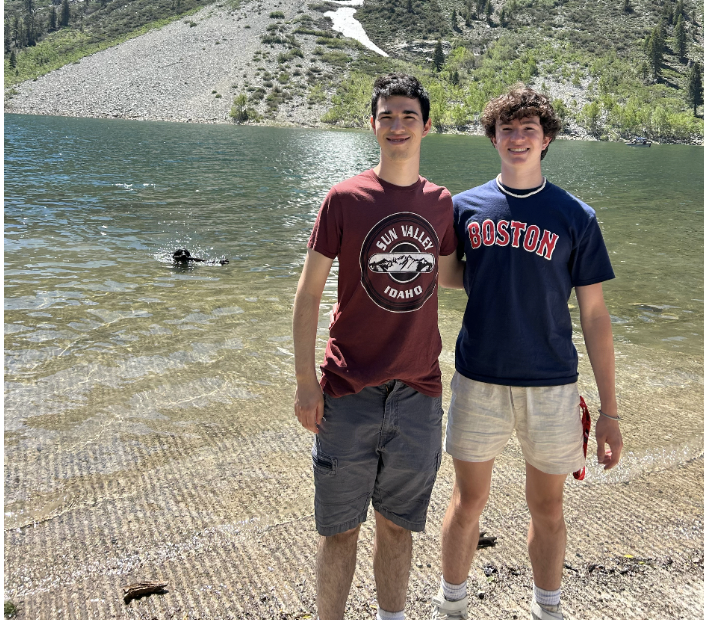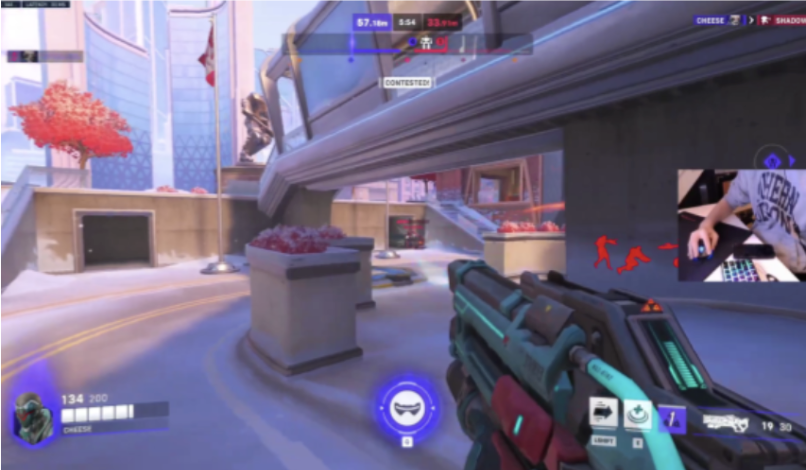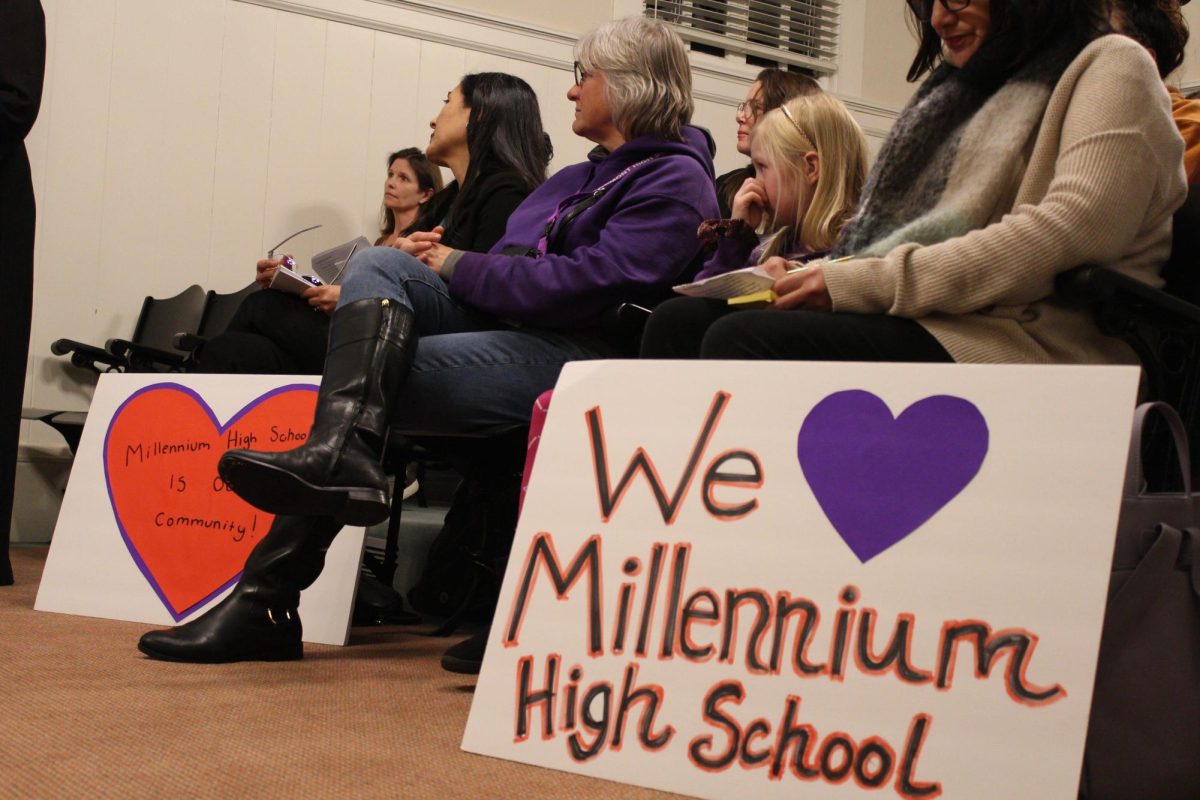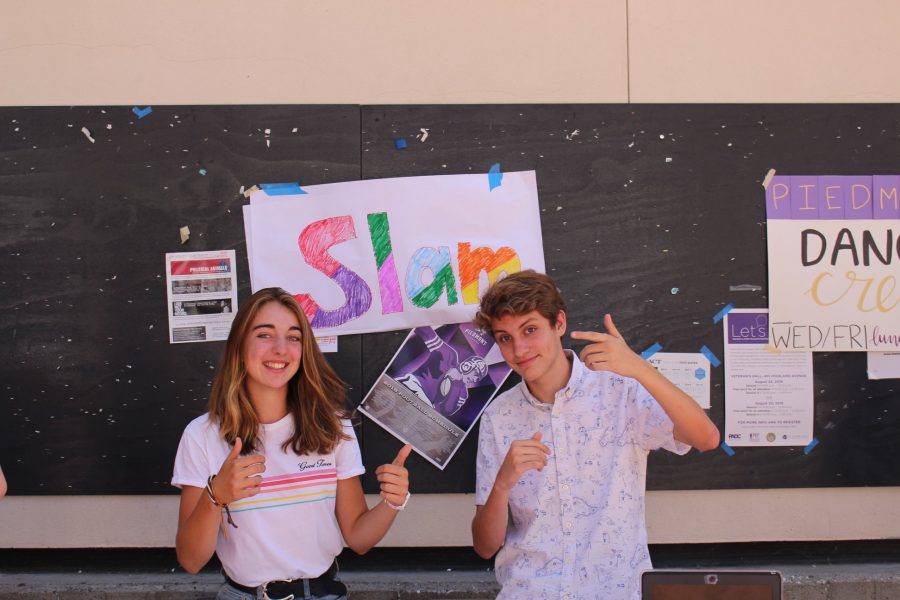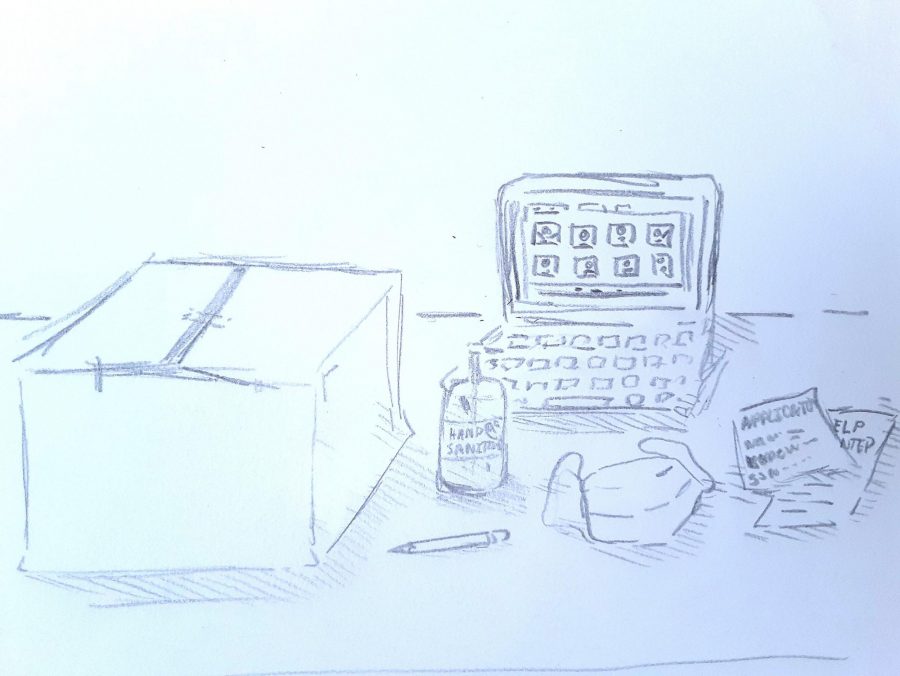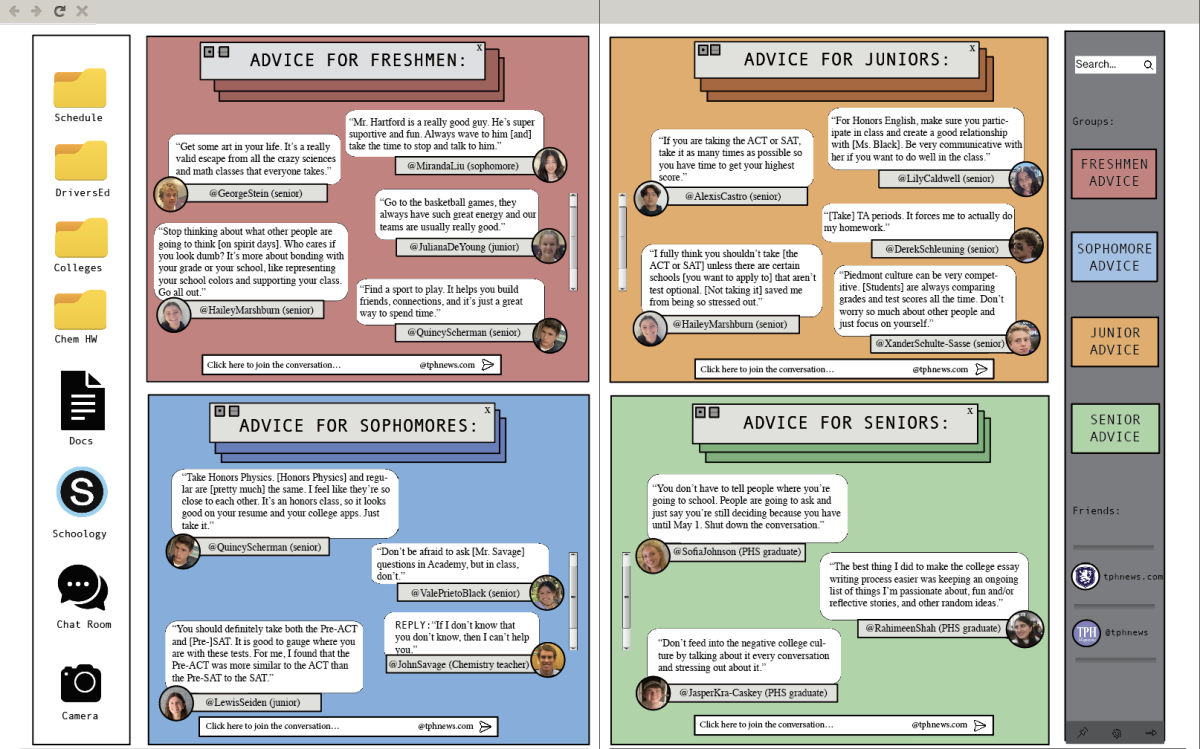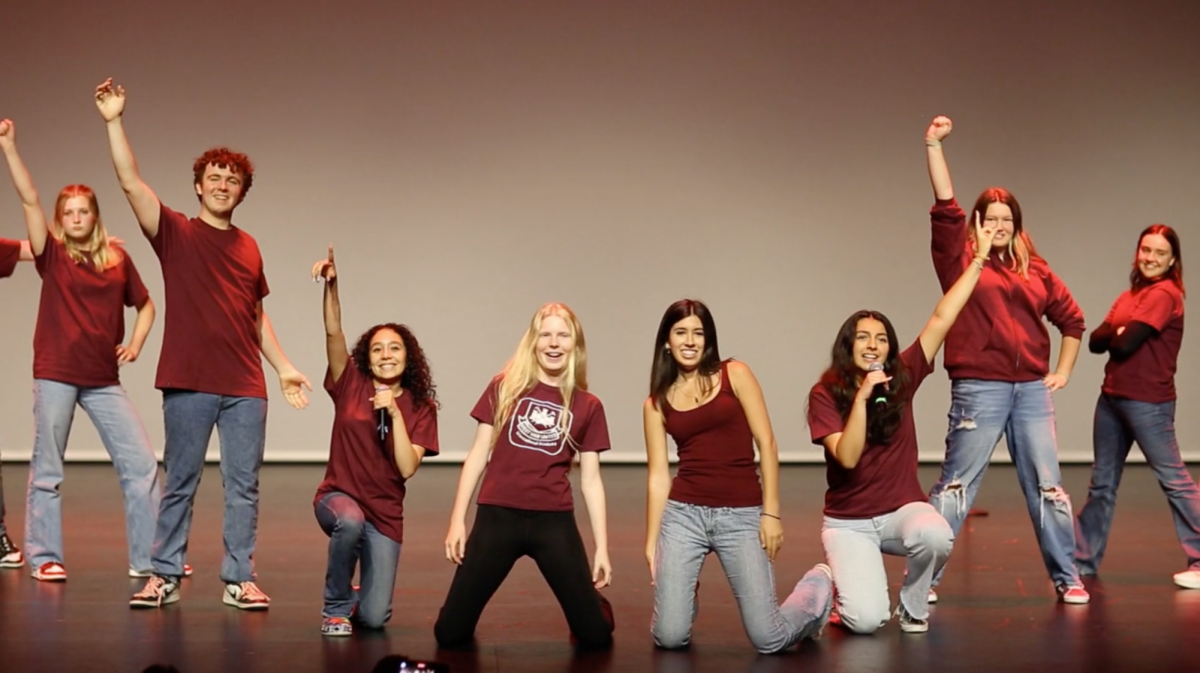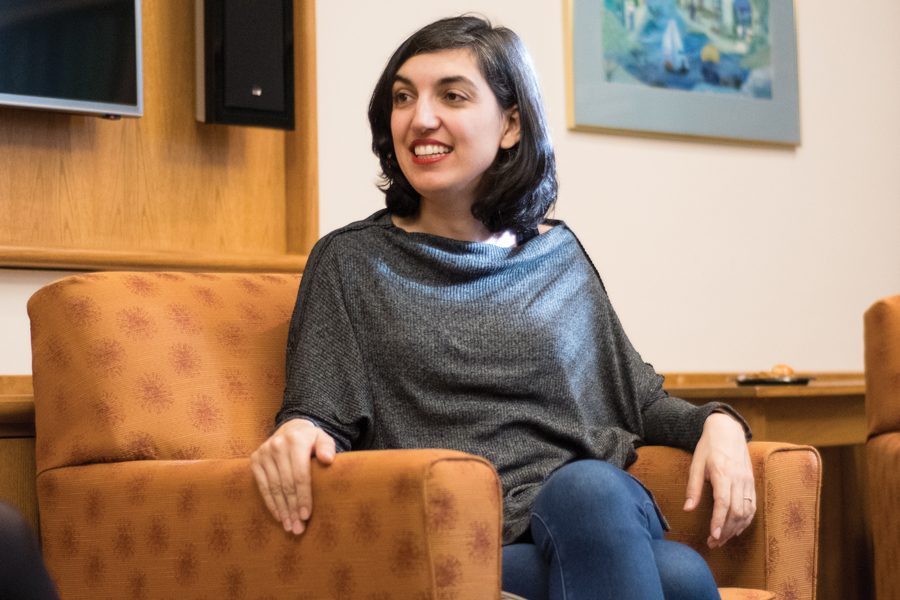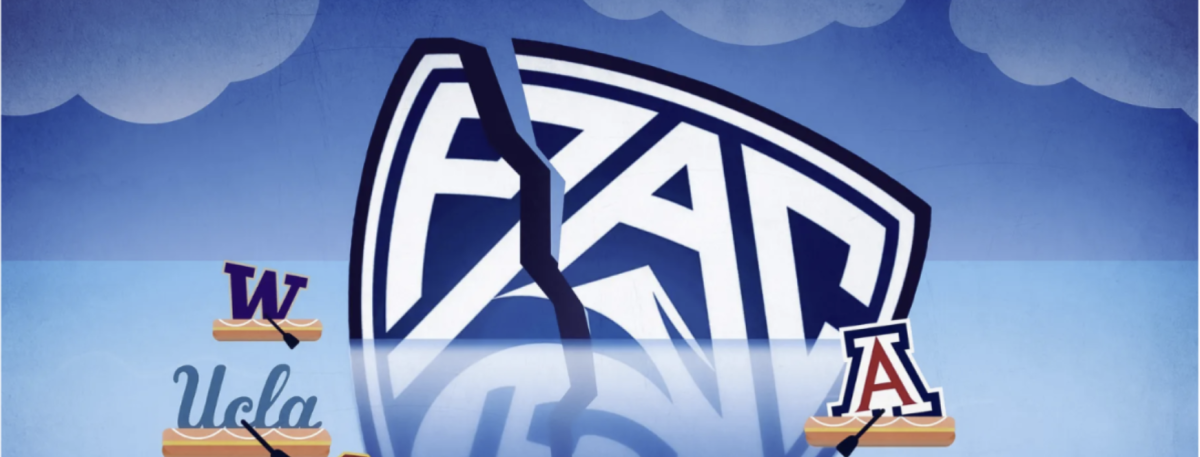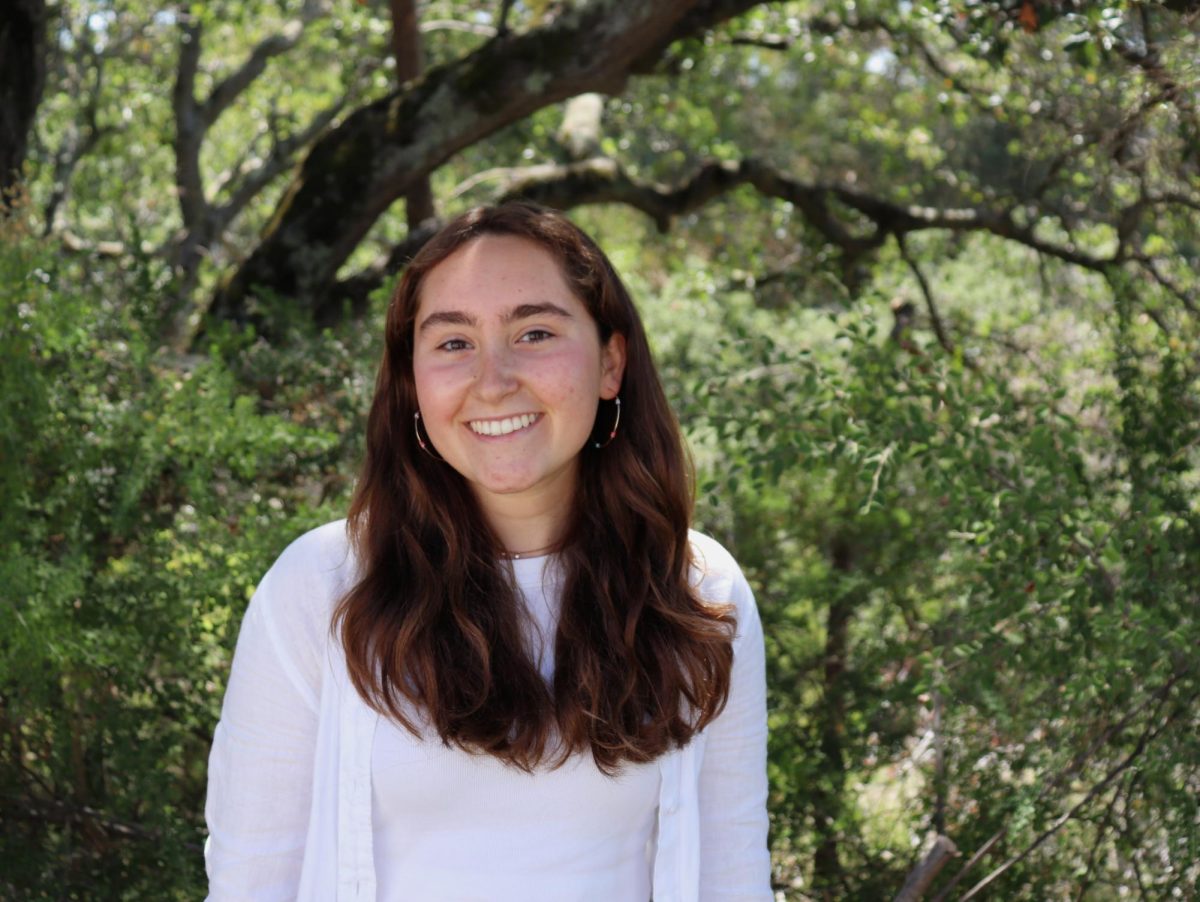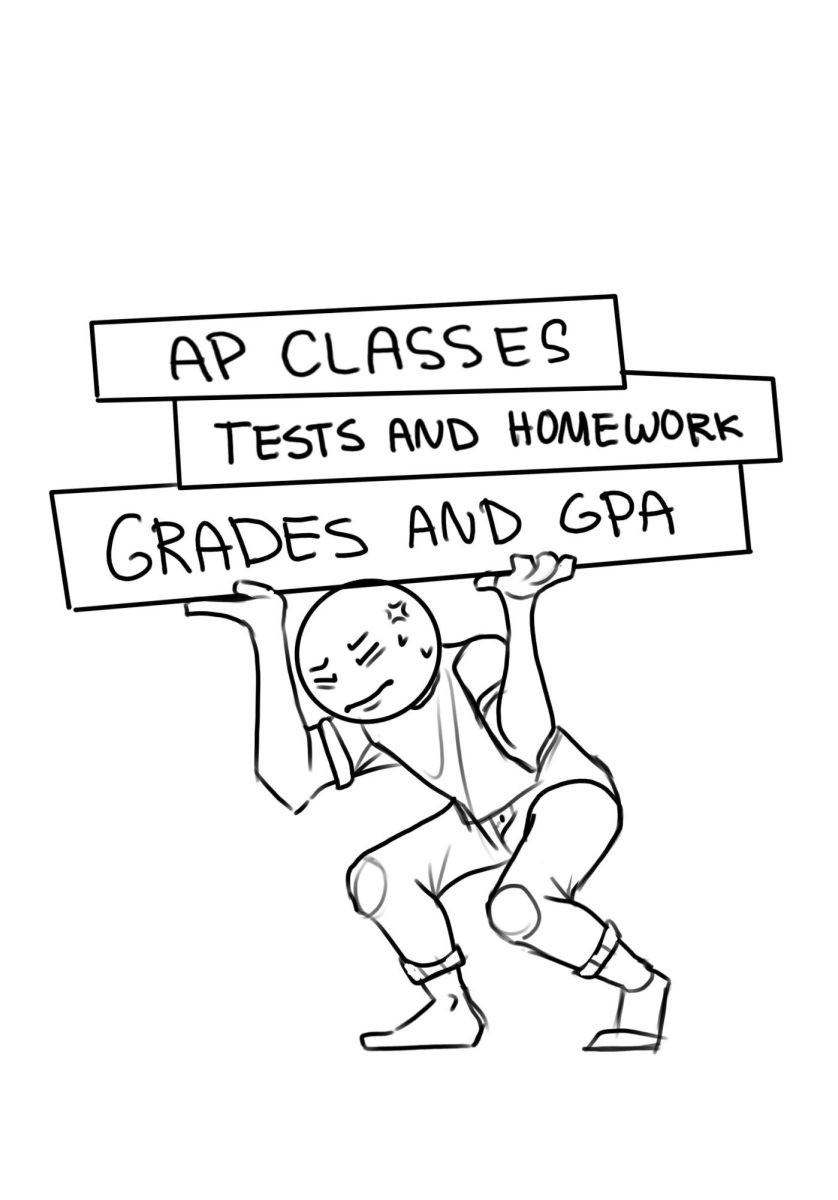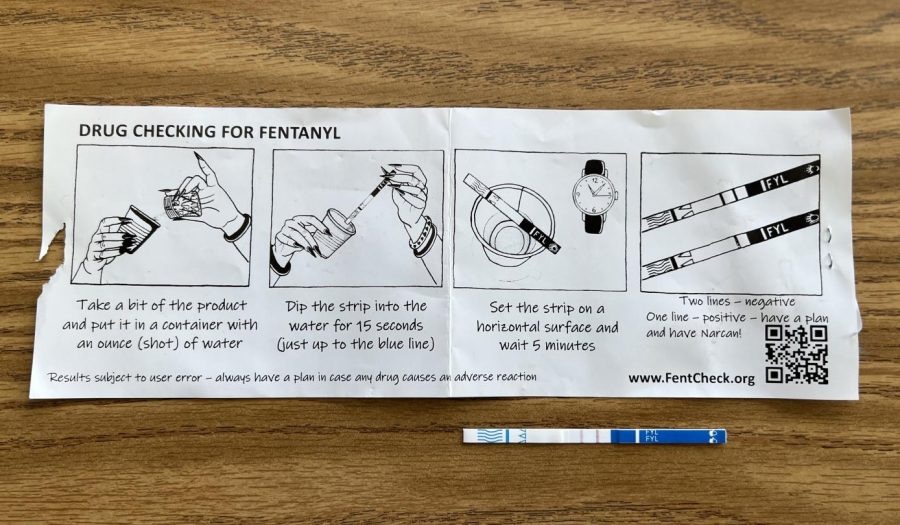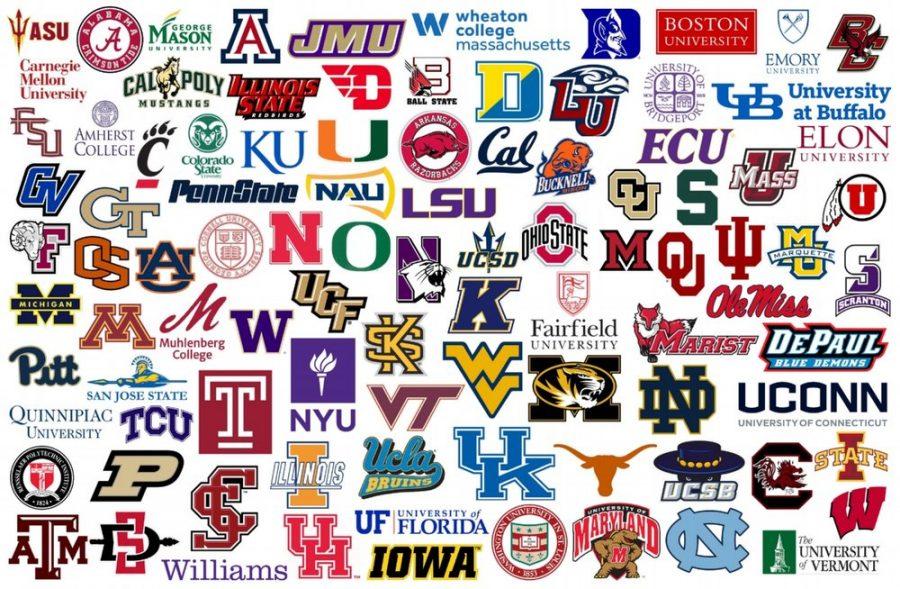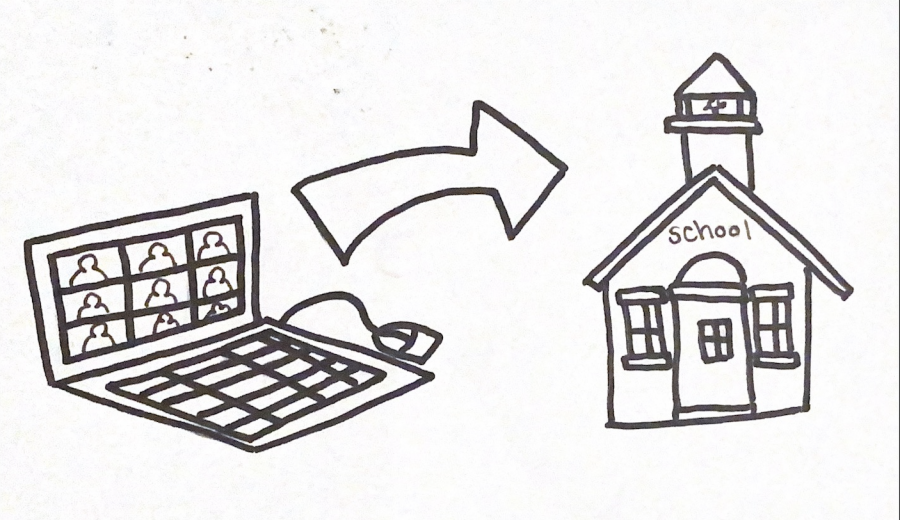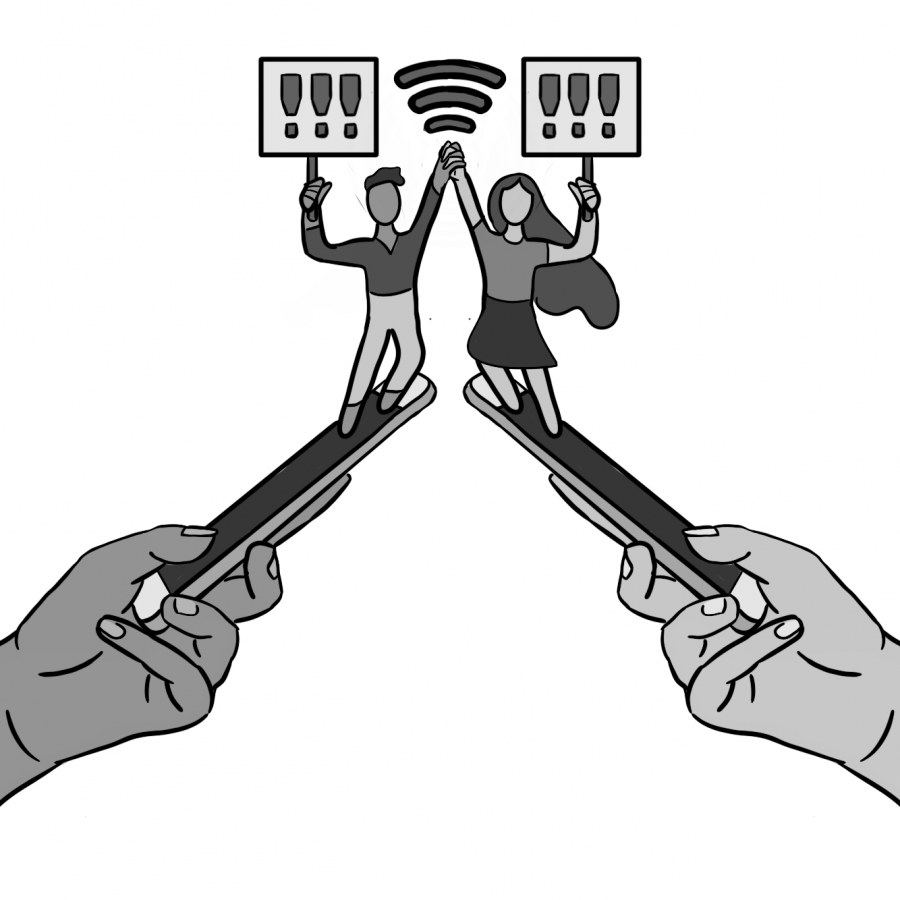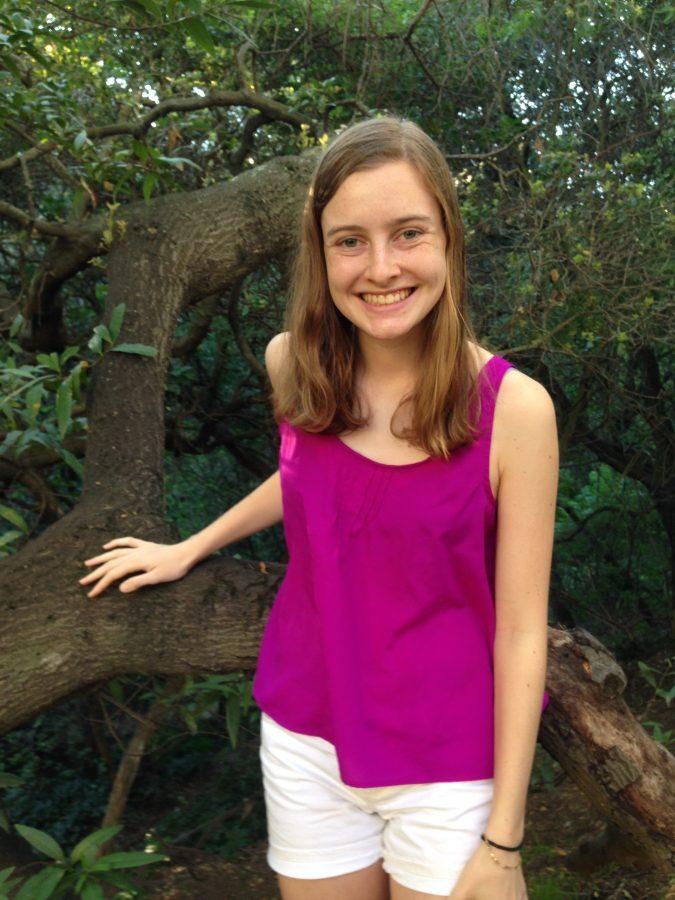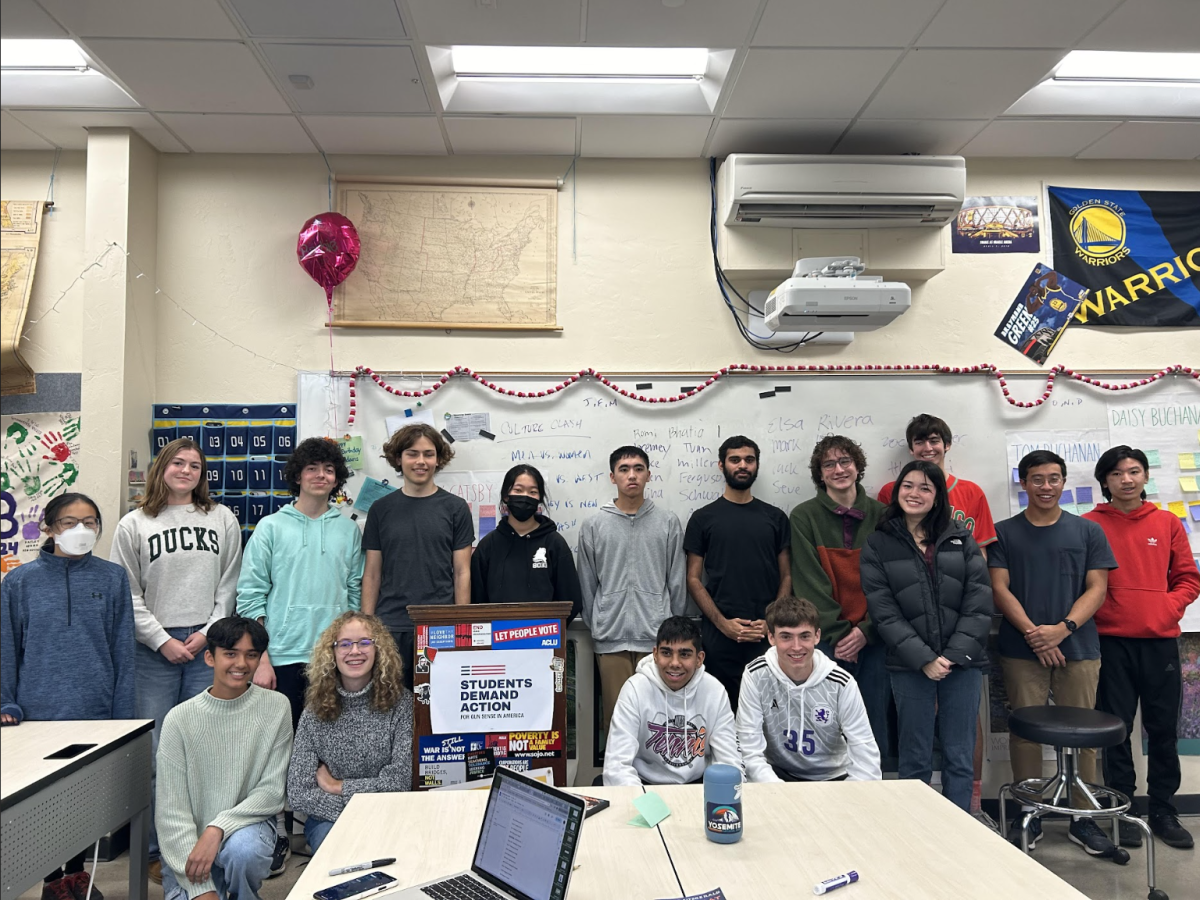Fill out the Common App. Brainstorm a personal statement. Request teacher recommendations. Apply for financial aid. Write dozens of supplementals. The college application process has always been stressful, lengthy, and complicated for the thousands of annual applicants. But this year, amidst a global pandemic, high school seniors are facing some entirely new challenges as they determine where they will attend next year.
College and Career Center Director Gwenly Carrel said that everything that happens during the fall season, from standardized testing to college visits to supporting students through the process, is done slightly differently this year.
“The fact that most schools are now test-optional or test-blind is one of the biggest changes in the application process,” Carrel said. “Colleges have had to shift because so many students were not able to get a test score.”
Of the 402,000 students registered to take the exam and SAT Subject Tests in August, 178,600 were unable to do so due to cancellations, according to an article from Inside Higher Ed.
Senior Sadie Tschider said that although she had taken the SAT once in December of 2019, she was planning on taking it again in March this year. However, the March SAT was cancelled due to the spread of COVID-19.
“I feel really fortunate that I have an SAT score at all,” Tschider said.
The ability to take the SAT or the ACT in 2020 is creating a large divide between those who are wealthy and those who are unable to drive or fly to a farther test site, Tschider said.
“Kids who are already ahead and already have more money are getting to take these SATs while kids who don’t have those same connections are still being put at a disadvantage,” she said.
In addition, all college visits this year are virtual, Carrel said.
Tschider said that although she was able to visit a few schools during a trip before the pandemic, she is now hesitant to consider other schools.
“How are you expected to make a decision about where you are going to live for the next four years if you have never seen the place?” Tschider said.
Visits take place over Zoom after school or during office hours to prevent students from missing class, Carrel said.
“The upside of [virtual college visits] is that [students] are getting to meet with a lot of different representatives,” Carrel said. “The downside is that [students] are not getting to meet them in person.”
Tschider said that although she agreed with PUSD administration’s decision to switch to a pass-fail grading system last semester to relieve student stress, it did create a break in students’ report cards. And because students have been unable to participate in certain extracurricular activities such as sports for several months, this can impact their college resumes.
“It is taking everybody’s resume and shrinking it,” Tschider said. “It is going to be harder for the admissions officers to make informed decisions with less information, [fewer] test scores, [fewer] grades, and [fewer] extracurriculars.” 
Senior Emma Broening said that completing college applications during distance learning can be especially challenging.
“I have a harder time focusing on everything because I don’t really get a break between any activity. It is all just in my house,” she said.
Tschider said that one of the biggest challenges that college applications during the pandemic brings is the added stress.
“Nothing right now feels certain,” Tschider said. “We are embarking on this whole new task that we are supposed to be figuring out, and we have no stability.”
Carrel said that it is hard to predict whether new applicants plan to take a gap year or defer enrollment next year.
“It all depends on how things pan out this year, [like] if there is a vaccine by the early part of the year or if we get somewhat back to normal by the spring of next year,” she said. “We have to wait and see how everything plays out.”
Deciding where to apply is significantly influenced by COVID-19, Tschider said.
“It’s impacting how much tuition someone can afford because there is a recession happening,” Tschider said. “[And] a lot of people are thinking about deferring or taking a gap year.”
Broening said that despite there being some increased challenges this year in applying to colleges, there are some benefits.
“I think schools are looking at becoming more test optional in future years,” Broening said. “Testing is really skewed by economic factors, and having a test optional [system better] guarantees that the playing field would be more level.”
The University of California (UC) schools will be test blind by 2023, Carrel said.
“It’s a shift of evaluating the whole student [and] looking past the GPA and the test scores,” Carrel said. “I think for many years, there has been a questioning of the whole college application process, and I think this is a shake up.”
Sophomores and juniors will have the opportunity to take the PSAT in January of 2021 instead of October, Carrel said.



